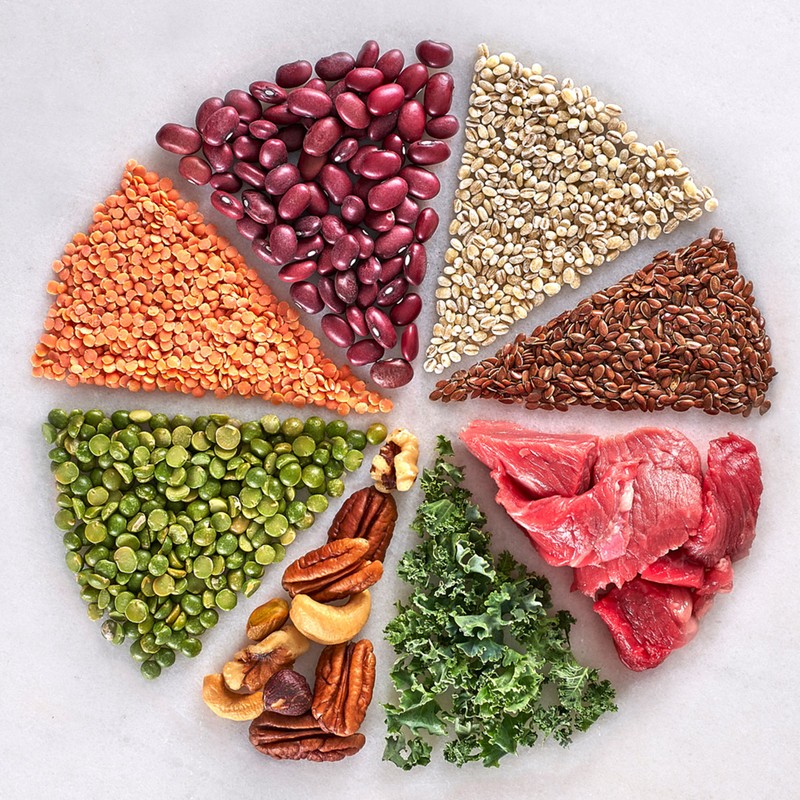
Why You Should Eat More Protein As You Age
It’s A Health All-Rounder
It’s common knowledge that protein is an important part of the diet – it helps you recover after a workout, protects your bones and gives you energy. And Gabriella Espinosa, nutritional therapist and women’s health expert, says it’s also the key to better ageing. “Protein is an important macronutrient, involved in nearly all bodily functions and processes. It lays the foundation for building muscle, bone, tissues, cells, skin, hair and even our fingernails. It also forms the fundamental building blocks for our metabolic function, regulating energy production and weight, neurotransmitters which influence brain health, mood and sleep, hormones for growth, reproduction and sexual function,” she says. “As you age, you should definitely be thinking about protein first when planning each meal, prioritising it over fats and carbs. Protein is essential for the promotion of optimal health,” Gabriella stresses.
It Protects Muscle Mass
Science suggests you’re not as responsive to protein as you age, meaning you need more of it to function optimally, explains Gabriella. “As you age, skeletal muscle becomes more anabolically resistant, meaning the protein efficiency of muscle decreases and the sensitivity, efficiency and utilisation of amino acids, which proteins are made from, also decrease. The loss of muscle mass and function as we age is known as sarcopenia and begins in our 30s and increases as our hormones start to shift in perimenopause and beyond in our forties and fifties.” Gabriella also explains losing skeletal muscle means you don’t burn as many calories, which can lead to weight gain, insulin resistance and inflammation. “Higher stress levels and increased cortisol levels can further accelerate the rate of muscle wastage and lead to poor sleep, which in turn increases the risk of heart problems, anxiety and depression, resulting in even more sleepless nights and worsening night sweats,” Gabriella explains. “The most effective way to combat sarcopenia is through increased protein intake and resistance training. You should be thinking about this from your thirties onwards.”
The Hormone Connection
The need for protein increases further with menopause, explains Gabriella. “As you head into both perimenopause and menopause, you experience a decline in your sex hormones, which can lead to an imbalance of other hormones. Protein helps with the growth, balance, regeneration and detoxification of all these hormones for optimal health.” Research shows the loss in oestrogen during the menopause, which is important in maintaining muscle and bone mass, can contribute to sarcopenia. In fact, a recent study found a high protein intake through middle and later life may be particularly impactful in helping the maintenance of physical function – the study found women consuming the highest tier of protein, 92g per day, had a 30% lower risk of loss of muscle functioning.
Know The Numbers
When it comes to increasing your protein intake, it pays to know how exactly how much more you should be eating. “The current RDA for protein is 0.8 grams per kilogram of body weight,” says Gabriella. “However, this figure is designed to prevent deficiencies and provide for basic tissue repair and not much more. It doesn’t take into account active lifestyles of people who want to protect muscle and longevity as they age.” Gabriella’s advice? “Consume 1.0 to 1.5 grams of protein per kilogram of body weight whilst simultaneously undertaking a programme of resistance training and regular cardiovascular movement such as walking or swimming. This means that if you weigh 70kg, you should aim to consume between 70-105g of protein over the course of three meals, including snacks, equivalent to a palm-sized portion of protein per meal and snack.” It’s believed this double-pronged approach – increased protein and strength training – is the best way to age-proof your body.
Consider A Protein-Rich Breakfast
“Eating protein first thing is a great way to set yourself up for the day,” Gabriella advises. “I love getting creative with whey and plant-based protein smoothies after a workout. Try adding some essential fatty acids like flaxseeds or a slice of avocado to your smoothie for a creamy texture; or a tablespoon of cacao powder, which is rich in magnesium, essential for optimal energy metabolism. Eggs, yoghurt, cottage cheese and smoked mackerel are other great protein-rich foods to consider eating for breakfast.” Gabriella also recommends spreading your protein intake evenly throughout the day, incorporating a protein snack mid-morning and/or late afternoon to keep hunger and cravings at bay. “Try a handful of walnuts or almonds with one piece of fruit or a small bite of dark chocolate; soft goat’s cheese spread over oatcakes; or hummus with celery, carrot, broccoli or radishes.”
Think About Quality
Remember the quality of the protein you’re eating matters just as much as the quantity, especially if you follow a plant-based diet. Gabriella explains it all comes down to amino acids. “Animal protein provides all the essential amino acids in the right ratio for your body to make full use of them. If you’re eating protein sources such as grass-fed meat, organic chicken, turkey, fish, eggs or dairy every day, you’ll get the necessary proteins to optimise your health. If you don’t eat animal foods, however, you’ll find it trickier to get adequate amino acids, especially as you age. If you follow a plant-based diet, be mindful of the carbohydrate load of the vegan and vegetarian options you choose, and supplement with branched chain amino acids (BCAAs), a plant-based protein powder or nutritional yeast.”
The Bottom Line
Remember that while eating protein can’t stop ageing in its tracks, it can certainly help counteract and slow down countless processes, which in turn can support health as you age. “Research shows increasing dietary protein intake above the RDA is imperative for maintaining not only muscle function and mobility, but also improves the treatment of diseases including obesity, osteoporosis, type 2 diabetes, metabolic syndrome, heart disease and Alzheimer’s,” Gabriella stresses. “Up your protein intake and you’re on the right path to maintaining your body weight, balancing blood sugar levels and improving muscle mass and bone health.”
Top up your protein intake with these expert-approved products…
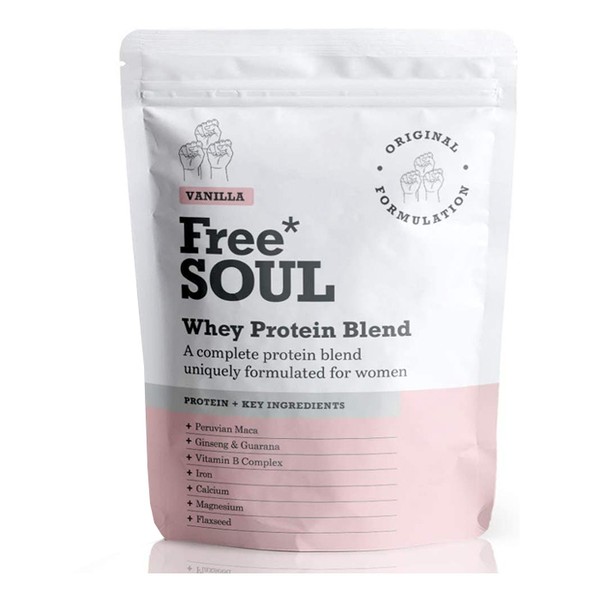
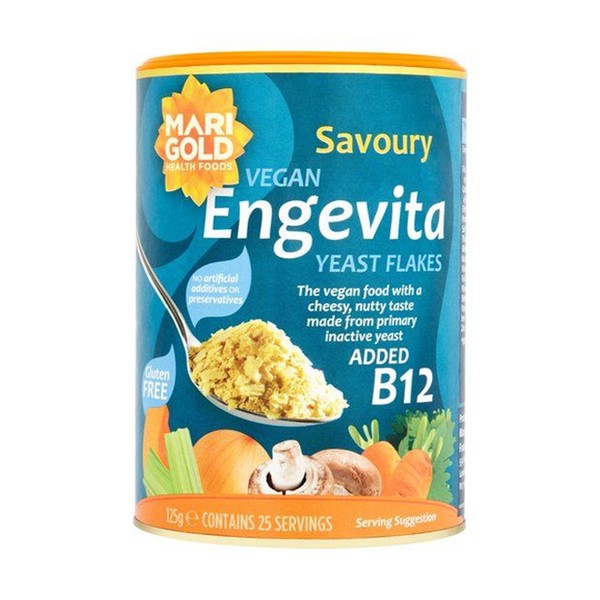
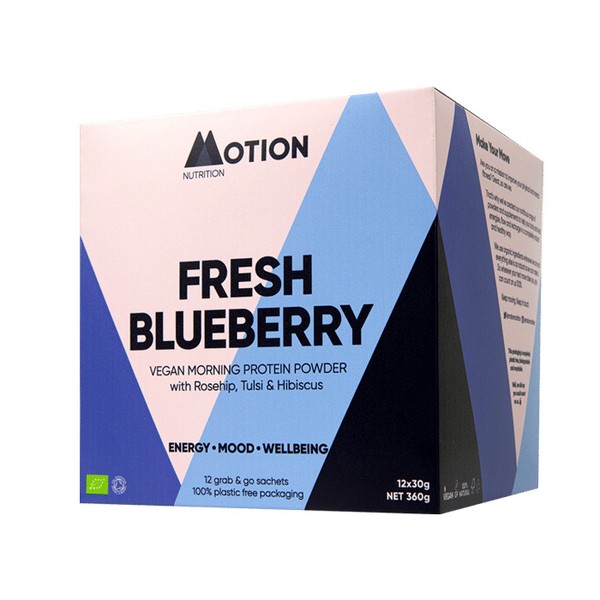
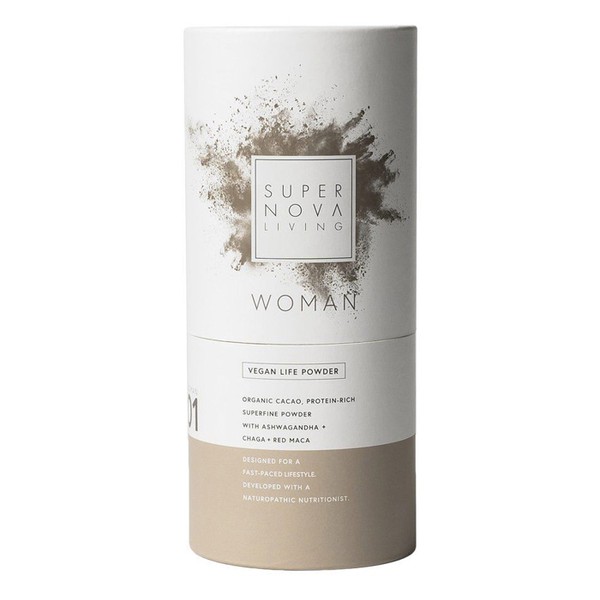
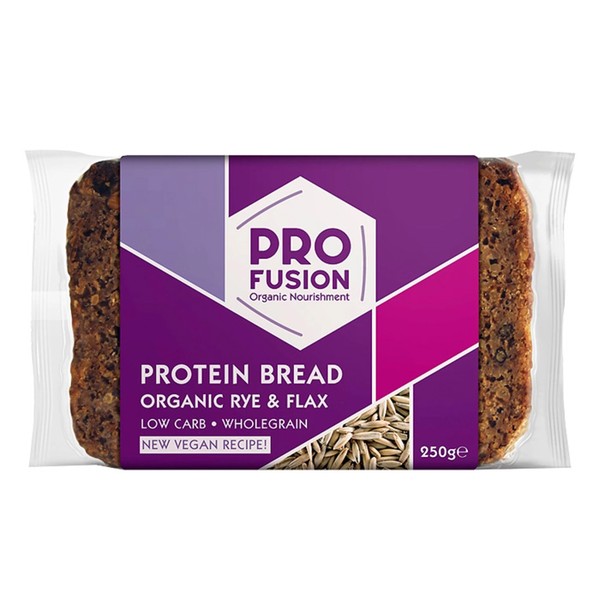

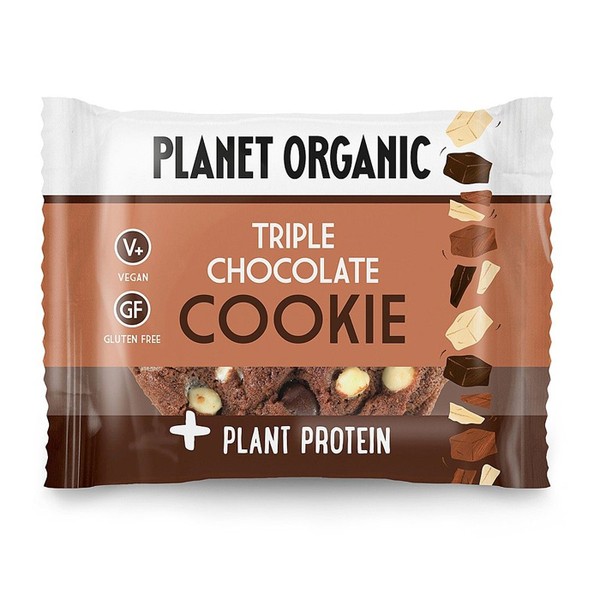
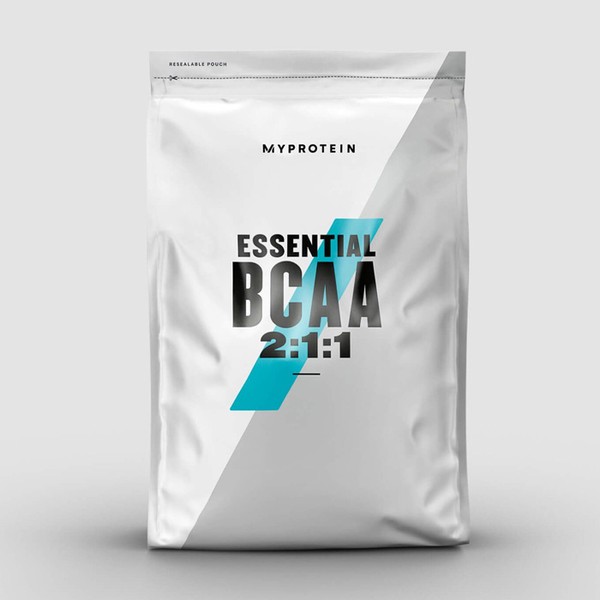
Visit GabriellaEspinosa.com
DISCLAIMER: We endeavour to always credit the correct original source of every image we use. If you think a credit may be incorrect, please contact us at info@sheerluxe.com.

